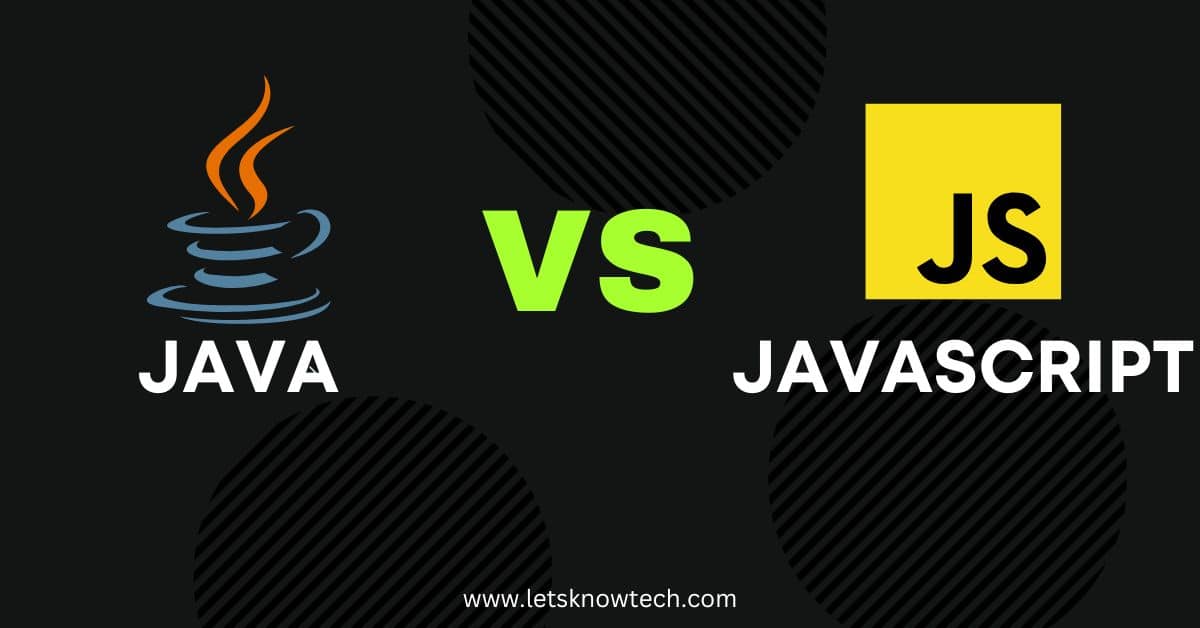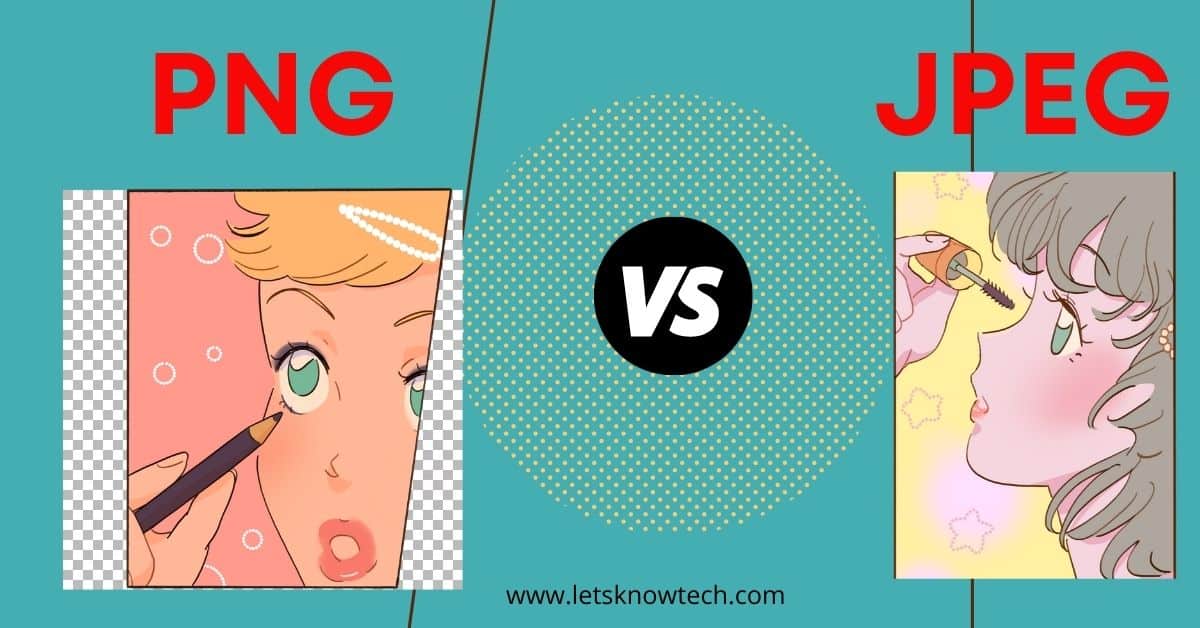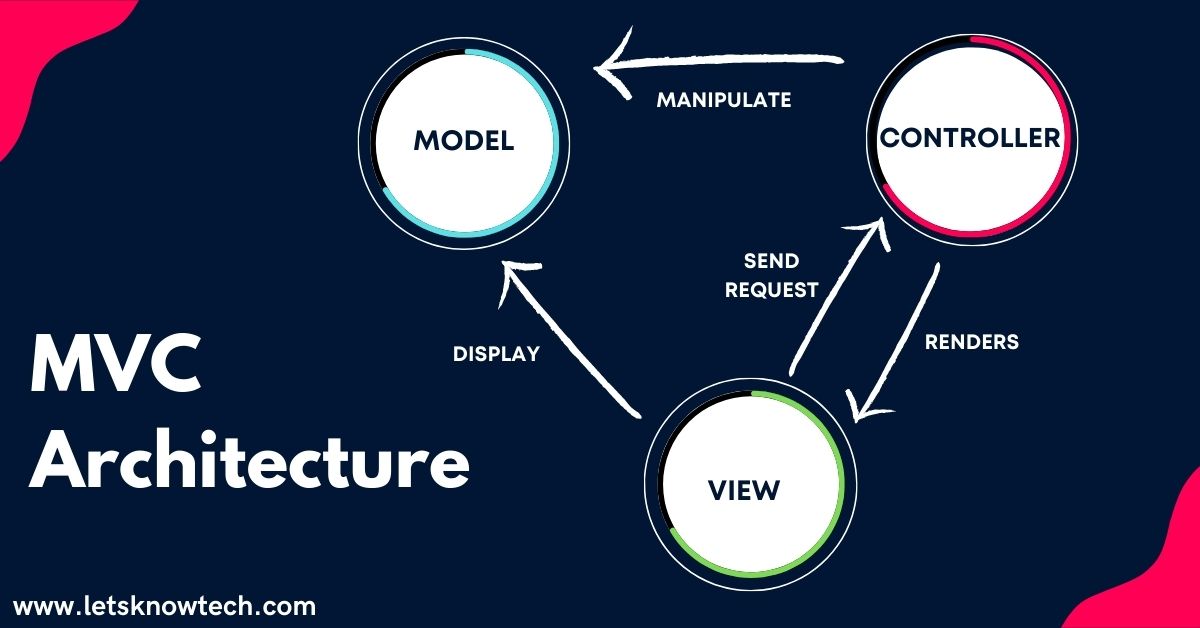JavaScript vs Java: Which is the Better Programming Language?

JavaScript and Java are both highly popular programming languages that have made their way into nearly every sector of the tech industry and beyond. But when it comes to comparing JavaScript vs Java, which one comes out on top? In this guide, we’ll explain the differences between JavaScript and Java so you can make an informed decision when choosing your next language to learn!
What are JavaScript and Java
Java is an object-oriented programming language that was created to allow software developers to build applications through simple and clear code. JavaScript is a scripting language developed in 10 days by Brendan Eich to make web pages more interactive. The name JavaScript is really a misnomer because this programming language does not interact with objects like Java does. While both languages are traditionally categorized as primitive or low-level, we’ll explore the nuances of each so you can determine which language suits your needs best.
First off, JavaScript is mostly used for front-end development, whereas Java has been used for backend development for quite some time now. Because JavaScript mainly interacts with HTML and CSS on the front end, it’s easier to use than Java when it comes to building websites from scratch without any previous experience. However, if you’re looking for a robust back end language that can be utilized on many different platforms across multiple industries such as gaming or mobile app development then Java is definitely worth checking out! As mentioned before, JavaScript runs primarily on the front end of web pages while Java takes care of business on the backend so you won’t find too many instances where these two are competing against one another when it comes to functionality.
How JavaScript and Java differ
Java, specifically JAVA, is a programming language developed by James Gosling and colleagues. Its objective is to be of use in the field of interactive television. JavaScript was created by Brendan Eich for Netscape and Internet Explorer browsers in 1995. It comes with its own programming language, called JavaScript scripting language. There are many features that set these two languages apart from one another and make them useful for different types of projects. The first difference between Java and JavaScript is how they interact with the computer hardware. A programmer writes code in Java which interacts directly with hardware via compiler instructions while a program written in JavaScript can only communicate using internet protocols such as HTTP or FTP requests over HTTP. Secondly, java uses strict data typing where there can only be one type of data per variable whereas javascript will automatically assign data types based on what is inputted when variables are defined.
There are a few ways in which JavaScript differs from Java. For example, while variables in java must be defined before they can be used, javascript allows you to define them once they have been declared and initialized. While java has a hierarchy in terms of access modifiers that cannot be bypassed, javascript does not and allows any object to call any method on any other object without first declaring it as public or private etc. Finally, both languages use very different data types for their variable declarations. In java, we would declare an integer to hold a number, but in javascript, this would take the form of var myInteger = 0;. These differences make java more suited to engineering and mathematical calculations while javascript is better suited for web design and front-end development.
When to use each
Java and JavaScript are both excellent programming languages that have different strengths. As JavaScript focuses on interactivity, many think it’s an ideal choice for web development. Java tends to be more complex and has more features to consider when you’re thinking about server-side solutions and back-end work. If you’re just getting started with programming, it might be difficult to know which language will suit your needs best. But don’t worry! The internet is full of resources that can help you decide what language to use in any situation.
In general, JavaScript’s strength lies in how it interacts with browsers. It helps you create more dynamic and interactive websites that users can engage with using their web browsers. It also tends to be more focused on smaller problems, as JavaScript programs are typically shorter than their Java counterparts. On top of that, you don’t need a license for JavaScript like you do for certain Java programs. If your project will be purely server-side or if you’re hoping to pursue something similar in your future career, consider moving from JavaScript to Java—there are some major differences between both languages and they may not suit every problem you have. That being said, JavaScript is always useful for front-end design and user experience purposes. And because JavaScript is relatively easy to learn, developers who have experience coding in other languages can pick up this one quickly.
As a general rule, consider which end of your project you’re focusing on when you’re deciding which language to use. On one hand, if you’re looking for interactivity or something more visual, go with JavaScript. On the other hand, if you need a program that’s relatively simple and short—and something that will work well in server-side operations—consider moving from JavaScript to Java. The internet has resources to help you make informed decisions about both languages, so be sure to explore those as well before making any final decisions!
What are some free resources to learn JavaScript and Java
There are a number of resources to learn JavaScript. One helpful resource to start with might be W3Schools. It has fun exercises that cover topics from basic syntax to data types and more in-depth areas like callback functions and string interpolation. After working through some of these lessons, you may want to dive deeper into another resource such as Freecodecamp and Theodinproject, which features a tutorial for every concept in JavaScript. i always recommend free code camp or the odin project first, because i think that it’s a really good starting point for people who are interested in learning from the beginning. While i think free code camp is a little bit more beginner friendly than the odin project. Furthermore the way that they’re structured and the curriculum that they cover is a really good resource for anyone who is just starting to look into learning how to code and if someone really wants a well-structured program both of these provide that. On top of that they’re both 100% free to use the entire curriculum is free.
You can also try Harvard’s Web Programming with Python and JavaScript course on EDX which is 100 percent free. This course is diving more deeply into the design and implementation of web apps with JavaScript, Python, and SQL using frameworks like React, Django, and Bootstrap. Course topics include database design, scalability, security, and user experience. Through hands-on projects, students learn to create interactive UIs, write APIs, and use cloud services such as GitHub and Heroku.
For Java, Codecademy offers some information on the programming language as well, but this programming language is much more difficult than JavaScript so you may need additional assistance beyond these resources. Codecademy does not have any interactive tutorials but it does offer an intro course to Java. Another option was Coursera courses, which has lots of interactive examples and explanations about different kinds of data structures (e.g., stacks, queues). Such as,
- Java Programming: Solving Problems with Software by Duke University
- Object Oriented Java Programming: Data Structures and Beyond Specialization by UC SanDiago
- Spring Framework Specialization by LearnQuest
Some other good sources to learn java are youtube channels such as ProgrammingWithMosh, BroCode, and FreeCodeCamp.
Conclusion on JavaScript vs Java programming languages
In conclusion, we can see that JavaScript and Java are two different languages with different uses. When it comes to choosing which language to use, you’ll want to think about what features you need, what types of apps or software you plan on developing, and whether you have a personal preference. Thank you for reading our post about JavaScript vs Java — as always feel free to comment below if you have any questions or concerns regarding either language!

Rishad is a software engineer with a passion for web development. He has been working as a freelancer for the past 3 years, helping businesses and individuals create professional and functional websites. He is an undergraduate student of BSC in Software Engineering (Kingston UK). Rishad’s expertise lies in JavaScript/PHP/Wordpress/React/Django/Python, and he is constantly learning and updating his skills to stay on top of the latest trends and best practices in web development.




